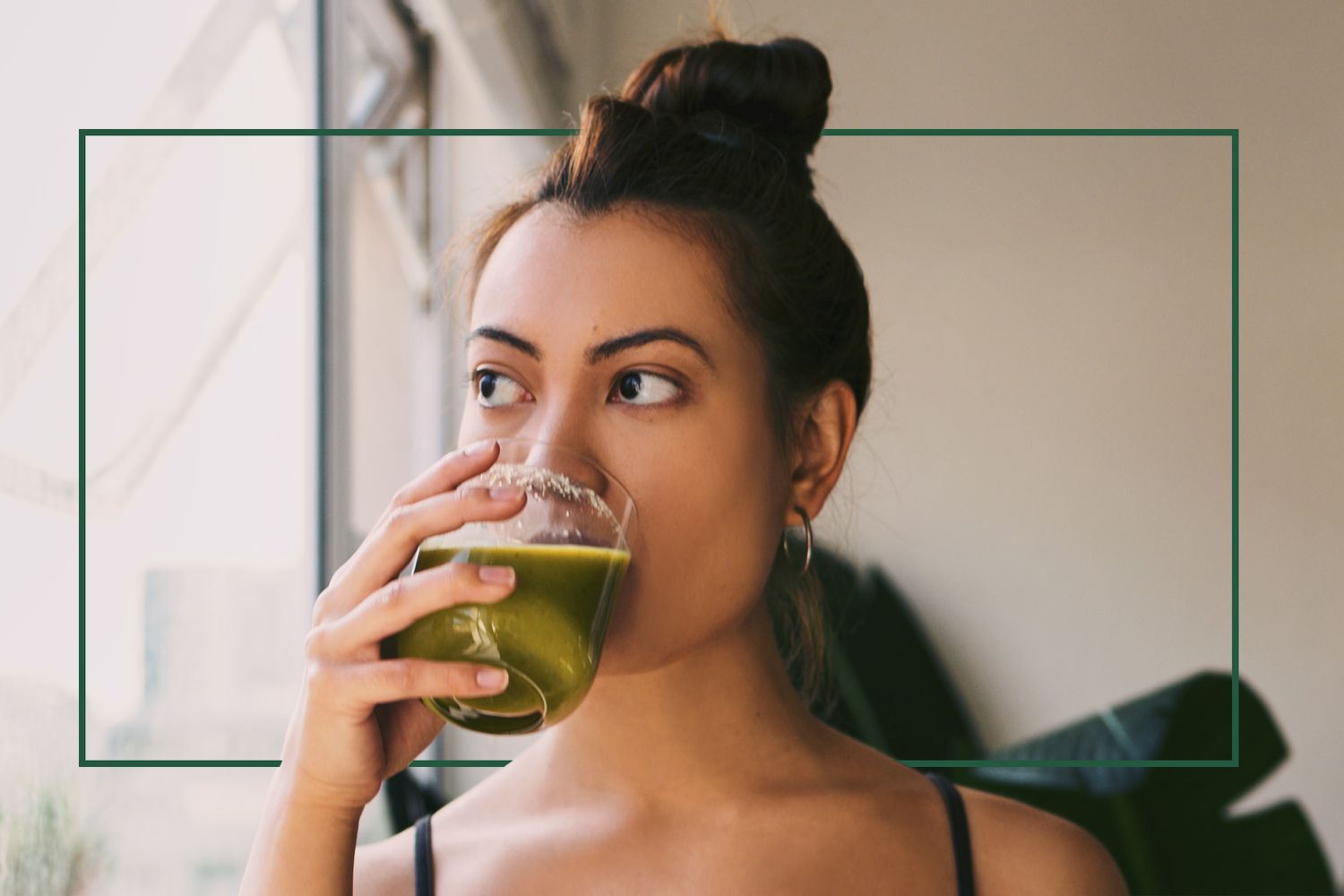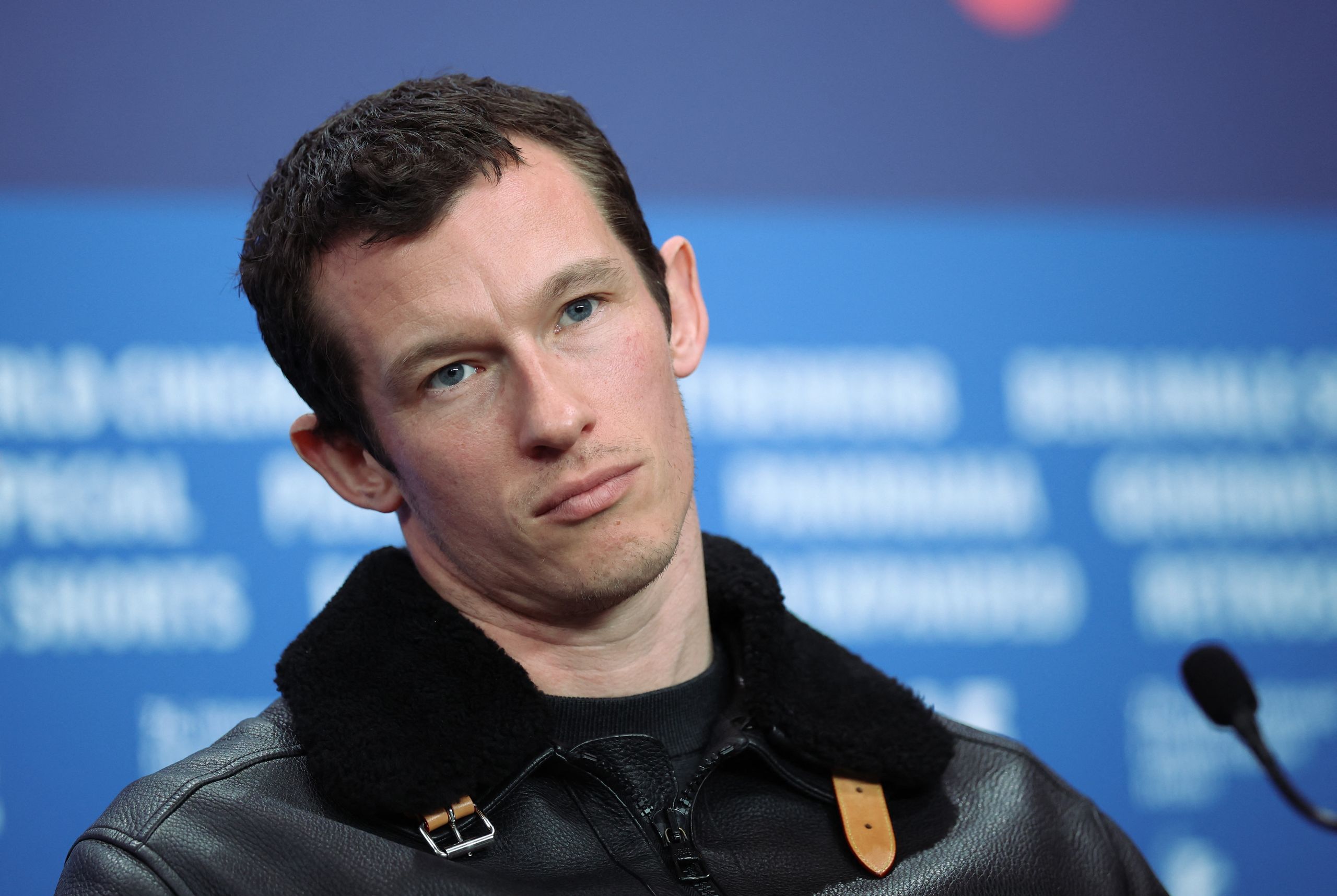Warum werden wir immer ungesünder, obwohl die Kultur des Wohlbefindens so allgegenwärtig ist?

Eine neue lululemon-Umfrage enthüllt einen "Wohlstandsparadox", in dem wir sagen, dass wir gesünder sein wollen...aber tatsächlich weniger gesund sind. Hier ist, wie man diesen Widerspruch überwinden kann, damit man stärker und länger leben kann.
Ob es darum geht, einen ehrgeizigen Neujahrsvorsatz zu setzen, um fünf Tage die Woche als Erstes zu trainieren oder zu schwören, dass man beim Ausgehen mit Freunden nach der Arbeit einen Salat bestellt - viele von uns hatten gut geplante Gesundheitspläne...aber haben sie letztendlich nicht eingehalten. Hey, wir verstehen es: Die Versuchung des Weckers oder des Burgers und der Pommes ist manchmal stark und das Leben soll auch genossen werden.
Aber diese Kluft zwischen Absicht und Handlung ist bei weitem kein isoliertes Ereignis - und die Auswirkungen dieser Dichotomie lassen uns gegenüber uns selbst wild besiegt fühlen, wie aus den Ergebnissen des Global Well-Being Reports 2023 von lululemon hervorgeht. Die Athleisure-Marke begann 2021 damit, jährliche Berichte zu veröffentlichen, um zusammenzufassen, wie sich rund 14.000 Erwachsene aus aller Welt in Bezug auf ihre körperliche, geistige und soziale Gesundheit fühlen.
Man könnte vermuten, dass die kollektiven Antworten im Jahr 2021, da es sich um eine Hochphase der Pandemie handelte, zumindest optimistisch gewesen wären, insbesondere da wir weit mehr Gespräche über ganzheitliche Gesundheit und Inklusivität führen und mehr Ressourcen als je zuvor zur Verbreitung von wellnessbezogenen Informationen haben.
Jedoch gibt ein Drittel der Befragten der lululemon-Umfrage von 2023 zu, dass ihr Wohlbefinden tatsächlich auf dem niedrigsten Stand ihres Lebens ist - obwohl über 67 Prozent ihre Gesundheit als oberste Priorität einstufen. Tatsächlich fühlen sich gerade einmal 12 Prozent der Befragten so, dass ihr Wohlbefinden "da ist, wo es sein sollte".
Warum gibt es also eine solche Diskrepanz zwischen dem, wo wir uns befinden, und dem, wo wir wellnessmäßig sein wollen, und wie können wir den Fortschritt erzielen, ohne unser Leben komplett umzukrempeln? Wir haben mit einem Trainer, einem Ernährungsberater und einem Psychiater gesprochen, um Antworten zu finden.
Dies mag wie ein einfacher Frage-Antwort-Austausch erscheinen, aber selbst Gail Saltz, MD, klinische Assistenzprofessorin für Psychiatrie am New York Presbyterian Hospital, Weill-Cornell Medical College in New York City und Gastgeberin des How Can I Help?-Podcasts von iHeartRadio, räumt ein, dass "es kompliziert ist".
Der Oxford English Dictionary definiert "Wohlbefinden" als "allgemeine Gesundheit und Glück" in den emotionalen, körperlichen und psychologischen Bereichen. Dieser multifaktorielle Aspekt ist entscheidend, sagt Corey Lewis, CPT, CSCS, ein in New York City ansässiger ehemaliger professioneller Footballspieler, zertifizierter Personal Trainer und Mitbegründer der mentalen Gesundheits- und Wellness-App 1AND1, gegenüber SHAPE. "Die Menschen konzentrieren sich oft ausschließlich auf die körperliche Gesundheit und vernachlässigen dabei ihr geistiges und emotionales Wohlbefinden", sagt er. "Geistige Gesundheit und körperliche Gesundheit sind miteinander verbunden, daher kann die Vernachlässigung einer Komponente negative Auswirkungen auf die andere haben."
Wenn Sie kein geistiges Wohlbefinden haben, also mit einer niedrigen Stimmung, hoher Angst oder einem anderen Stressfaktor kämpfen, fühlen Sie sich nicht gut, erklärt Dr. Saltz. Diese Gefühle wirken sich darauf aus, wie sozial Sie sein möchten und wie Sie Ihren Körper bewegen und ernähren. "Wenn Menschen ihr Wohlbefinden priorisieren, meinen sie oft nicht, eine Behandlung für psychische Probleme zu erhalten, sondern eine ausgewogenere Ernährung zu essen, besser zu schlafen, mehr zu trainieren oder heutzutage einem TikTok-Trend des 'Wellness' zu folgen", sagt Dr. Saltz.
Letzterer Aspekt schafft eine große Welle, da es das Potenzial für so viele Fehlinformationen gibt, die Ihnen möglicherweise nicht helfen. TikTok-Trends könnten Ihnen tatsächlich schaden - oder zumindest Ihre kostbare Zeit und Ihr Geld verschlingen und Sie glauben lassen, dass Sie etwas Positives für Ihr Wohlbefinden tun, wenn es nicht der Fall ist. (Hüstel, "Gewichtsverlust-Tanz" und trockenes Schlucken...)
"Ich denke, dieses Dilemma hat damit zu tun, dass der Zugang zu wissenschaftlich fundierten Informationen, eine gute Behandlung und zu viel negative Realität im Leben fehlen", sagt Dr. Saltz. Die Vergleichsfalle online ist ebenfalls sehr real, fügt Roxana Ehsani, MS, RD, CSSD, eine in Miami ansässige zertifizierte Sporternährungsberaterin, hinzu.
Vielleicht hält sich ein Wellness-Influencer, "Gesundheits-Coach" oder eine berühmte Person, der man in den sozialen Medien folgt, strikt an einen engen Zeitplan, der Meditation, Hardcore-Workouts und das Schlürfen von 17-Dollar-Erewhon-Smoothies beinhaltet...noch bevor sie überhaupt ihren Arbeitstag oder die Schule beginnen. "Der durchschnittliche Mensch hat möglicherweise morgens keine Zeit, um diese Dinge vor seinem vollen Tag zu erledigen, und denkt daher, dass er das Wellness-Prinzip nicht wirklich erreichen kann", sagt Ehsani. "Oder eine Person benötigt möglicherweise mehr Unterstützung bei der Bewältigung ihrer geistigen Gesundheit, hat aber nicht die Ressourcen oder das Geld, um einen professionellen Helfer aufzusuchen." (Falls Sie es verpasst haben, hier ist, wie sich der Celebrity-Einfluss in den sozialen Medien auf Ihre geistige Gesundheit und Ihr Körperbild auswirkt.)
Zurück im Jahr 2021 fühlten sich die Menschen davon geprägt, dass die Pandemie ihre geistige, körperliche und emotionale Gesundheit in gewissem Maße erklären könnte. Mit dem Nachlassen der Aufenthaltsbeschränkungen und der unmittelbaren virusbedingten Gesundheitsgefahr würden wir uns besser fühlen, oder?
But in 2023, “there is no longer the belief that the pandemic is responsible for the extreme stresses many people face, whether they are financial, racial, cultural, relational or political,” says Dr. Saltz. “Those stresses are still there, but they are the current ‘normal,’ so there is not an anticipation of reprieve and there is still the impact on mental and physical health.”
As a result of less-than-stellar physical, emotional, or psychological wellness, the average respondent has missed 5 days of work or 7 days of school over the course of the past 12 months. “It does take time and money to implement many of the common healthy habits, and many people are stretched to their limits. Many people are financially strapped. Plus we’re spending a lot of time on social media, which mostly detracts from mental well-being. It’s also highly addictive, so it's difficult to cut that out to have more time for real and helpful attention,” says Dr. Saltz, on wellness goals or anything else that’s important to you.
There are signs of progress and hope, though, and those who report they are rocking their overall well-being can give us some cues about how we can all make our ambitions a reality…for real this time. Here are some strategies to try out if you're looking to boost your well-being.
Exercise with others when possible, and when you can’t, try flipping on some positive tunes to push you forward. “Movement can help boost your endorphins, powerful feel-good hormones, which can help support a better mental outlook,” explains Ehsani. Other people help keep you accountable. “Loneliness takes a major toll on well-being, and exercising with others can very much help,” adds Dr. Saltz.
lululemon’s survey reveals that about 40 percent of those in the highest well-being category are spending more time with loved ones than pre-pandemic. Those in the lowest wellness ranks? About 30 percent. “Quality relationships are what fights loneliness; a major public health issue. Close relationships are a top priority for happiness,” says Dr. Saltz.
Expressing all emotions, not just the positive ones, is another key differentiator where the well-being winners stand out, lululemon found. Being able to talk about distressing feelings offers relief from the burden, and might spur you on to seek professional support if you need it.
According to Dr. Saltz, “Keeping your emotions under wraps tends to make you feel more isolated, alone, and worse overall.” If you find that you’re experiencing any symptoms of depression, experience high levels of anxiety, or would simply like an unbiased source to talk things out with, seek out a credentialed psychologist or psychiatrist, Dr. Saltz recommends. Consider one of these 8 online therapy services, or keep these tips in mind for how to find budget-friendly therapy near you (or digitally).
Are you not sticking to your health goals because they’re simply not the right health goal for you? “The key lies in building strong habits that align with your goals. By creating a solid foundation of healthy routines, you'll develop laser-like focus and be able to navigate through any distractions that come your way,” says Lewis. Skip the SMART goals this time and instead find a FUN goal that aligns with your aims.
An April 2018 study in Frontiers in Psychology suggests that eating more fruits and vegetables might help improve your mood. If you’re feeling a bit low, try adding just one more serving each of fruits and vegetables into your day, such as a side of Brussels sprouts with dinner or a bowl of berries at snacktime, Ehsani advises. “Once you've successfully added at least one of each into your day, try to keep this up. When you feel like you’ve mastered this, start shooting for two servings of fruit and two servings of veggies each day,” she says.
As we mentioned, social media can sidetrack your intentions, but it can also offer a way to connect with others, find recipe inspiration or simply wind down. So you need not delete every app. Instead, “have a plan for each type of distraction you may have. One way to avoid being distracted from your goals is to use apps that help minimize the time spent on your phone,” Lewis says. Try an app like one sec, AppBlock or simply adjust the time limit settings within your specific apps you tend to overuse.
A long and strong life is a marathon, not a sprint. Try to be patient with yourself, and try to notice and commemorate small victories along the way. “Change takes time and consistency,” Lewis confirms. “Think about becoming just 1 percent better every day rather than trying to overhaul your entire routine.”
By adopting a holistic approach to health—with an eye to mental, physical and social well-being—implementing these expert-approved tips, you’ll be well on your way to a healthier and happier 2024.




